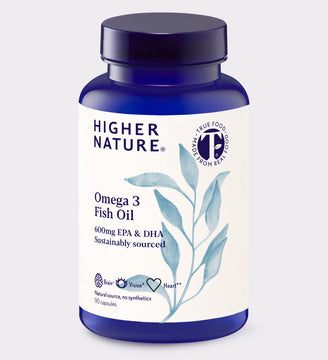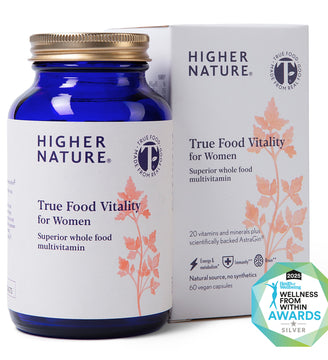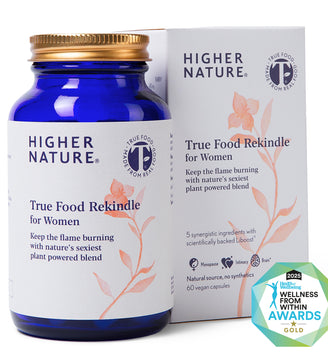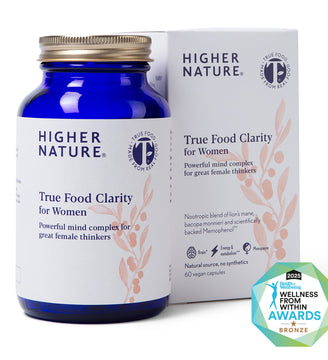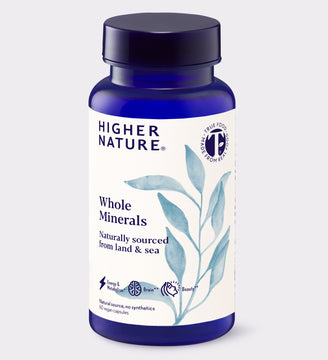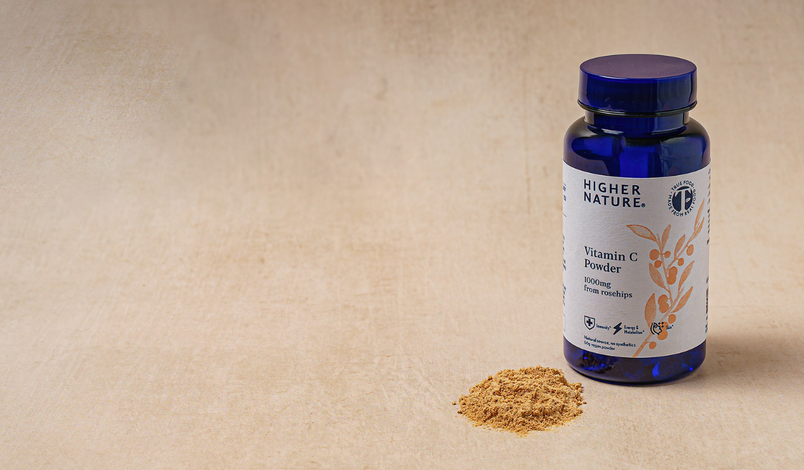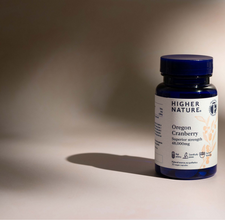
How green is your tea?
Higher Nature Nutrition Team
For most of us, even the mere thought of a nice cup of tea is comforting and soothing - a hug in a mug even. But recently, this misty eyed picture has been hauled into the spotlight, not by any questions about whether it's good for our health but rather whether it's good for the environment. We are talking of course about the environmental debate surrounding single use plastic.
But what exactly does this have to do with your cuppa? A lot, it turns out - over 150 tons of polypropylene, a thermoplastic polymer, is added each year to tea bags to stop them falling apart in hot water. Unlike larger pots or bottles, which can be recycled, the polypropylene in tea bags ends up in our landfill sites or in our compost - you may have noticed yourself the residual white specks if you compost tea bags containing polypropylene in your home composter. The problem of course is that it is not compostable and takes an extremely long time to breakdown, currently estimated to be thousands of years.
Some of the big tea manufacturers are starting to change and beginning to switch to fully biodegradable plastic free tea bags. Whilst loose leaf tea avoids the problem in the first place, it can be time consuming. Other more speedy ways to enjoy your tea with peace of mind, especially if you are one of the growing green tea fans, is to use green tea extract in granule form. Remember a pot can be reused, up-cycled or recycled, whereas a bag may not!
Reasons to love green tea…
First things first - its smooth, delicate taste.
Low caffeine content - containing around half the caffeine content of black tea, green tea makes a great alternative for those making strides to reduce their caffeine intake.
Brain benefits - recent research into the health benefits of green tea have highlighted just how good it might be for our brains. In 2017, scientists collated research from over twenty studies from around the globe into the effects of green tea on our neuropsychology. Their conclusions - green tea lowers anxiety and has a positive influence on memory and attention. It is thought this is due, in part, to the combination of theanine and caffeine. Theanine exerting a balancing effect to the stimulating effects of caffeine.
Its effects on exercise - green tea is thought to enhance endurance capacity, improve the antioxidant defence system, as well as reducing oxidative DNA damage induced by exercise - perfect for those who exercise regularly.


